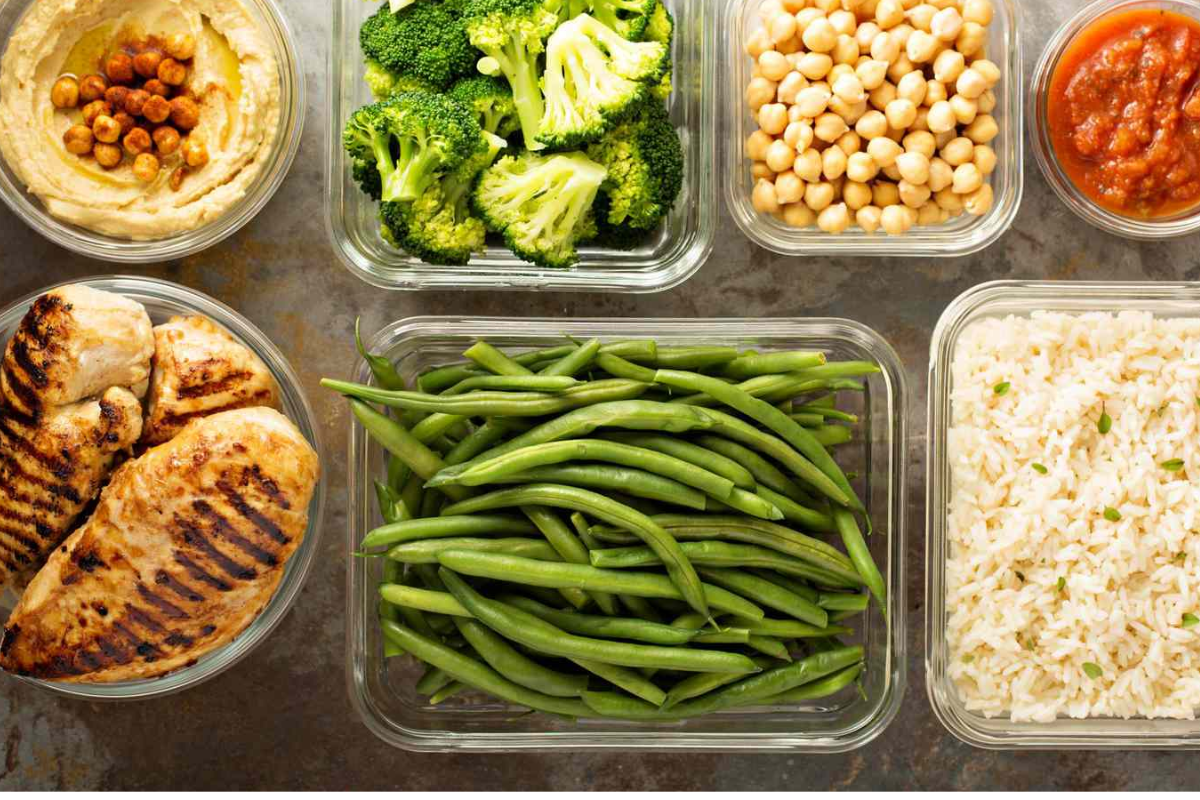Introduction
In the bustling city of Chicago, a new trend is taking the teaching community by storm as Summer 2024 approaches. An impressive number of 6,000 educators are turning their attention to a fat loss food plan, a strategic approach to weight loss that combines balanced nutrition with a busy professional lifestyle. This growing trend among educators is more than just a fad; it’s a testament to the increasing awareness of the importance of health and well-being in a demanding profession.
These teachers are not just looking for temporary solutions; they seek sustainable changes that fit into their hectic schedules. The fat loss food plan offers just that – a structured yet flexible approach to eating, focusing on nutrient-rich foods, portion control, and the overall quality of the diet. This method stands out for its adaptability and effectiveness, making it particularly appealing to those who juggle the demands of a busy teaching career.
As we delve into this trend, we’ll explore why these Chicago teachers are adopting this food plan, what it involves, and the benefits it brings to their health and professional lives. Through their journey, we aim to understand how such a diet can be a game-changer for anyone looking to improve their health, especially those in high-stress professions.

The Rise of Fat Loss Food Plans in Chicago
In recent years, the landscape of health and wellness in urban settings like Chicago has seen a notable shift, particularly among teaching professionals. The fat loss food plan has emerged as a popular and effective strategy for those seeking a healthier lifestyle while managing the challenges of maintaining a healthy weight.
Growing Popularity in Urban Settings:
- The bustling urban environment of Chicago presents unique challenges for maintaining a healthy lifestyle, especially for teachers who often face time constraints and stress.
- The fat loss food plan has gained traction as it offers a practical solution to these challenges, enabling educators to manage their diet efficiently.
- Many teachers are turning to this plan in search of a healthier lifestyle, driven by the desire to improve their overall wellbeing and the need to manage weight effectively.
- Dr. Susan Miller, a nutrition expert, explains, “Educators often face significant stress and irregular eating patterns. A structured food plan can provide the necessary guidance to maintain a balanced diet.”
- A recent survey revealed a significant increase in the adoption of these food plans among Chicago teachers, with over 6,000 educators actively participating by Summer 2024.
- The data indicates not just a trend but a movement, with teachers reporting improved health outcomes, including weight loss, better energy levels, and enhanced mental clarity.
The rise of the fat loss food plan among Chicago teachers is indicative of a broader shift towards health-consciousness in urban professional circles. This trend underscores the importance of practical and sustainable dietary approaches in today’s fast-paced world. As we continue to explore this phenomenon, the focus will be on understanding the components of these food plans and how they are specifically tailored to meet the unique needs of educators.
Conclusion
In conclusion, the adoption of the Fat Loss Food Plan among 6,000 Chicago teachers represents a significant and positive trend in the pursuit of healthier lifestyles. This dietary approach, tailored to the specific needs and challenges faced by educators, has garnered attention for its effectiveness in helping teachers shed excess weight and improve their overall well-being.
Throughout this article, we’ve explored the rise of fat loss food plans in Chicago and delved into the reasons behind its popularity among teaching professionals. We’ve also examined the core components of the plan, including balanced nutrition, portion control, and whole foods, all of which contribute to its success.
One of the most compelling aspects of this trend is the numerous success stories and testimonials from Chicago teachers who have experienced transformative changes in their lives. Their accounts serve as powerful evidence of the plan’s effectiveness, not just in terms of weight loss but also in terms of increased energy levels, enhanced teaching performance, and improved overall health.
However, we’ve also acknowledged the common challenges that teachers face when adopting this dietary approach, such as time constraints and the need for meal variety. Importantly, we’ve provided practical solutions to overcome these obstacles, ensuring that teachers can seamlessly integrate the fat loss food plan into their busy lives.
As we look to the future, it’s clear that this trend has the potential to create a positive ripple effect within the education community. Healthier, more energetic teachers are better equipped to inspire and educate the next generation. Moreover, the success of this plan may encourage educators nationwide to prioritize their health and well-being, ultimately leading to a healthier teaching profession.
In closing, we encourage all educators, whether in Chicago or beyond, to consider exploring the benefits of the Fat Loss Food Plan. Its tailored approach, supported by success stories and practical solutions, offers a promising path toward improved health and vitality. Embracing this trend may not only lead to personal transformation but also contribute to a healthier and more vibrant teaching community.
